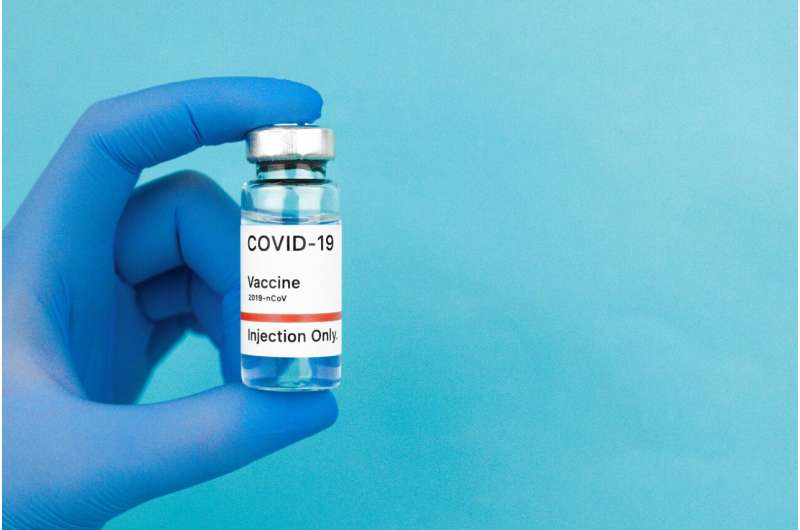Swedish Research Highlights Insufficient COVID-19 Vaccine Information for New Immigrants During Pandemic

A Lund University study uncovers significant gaps in COVID-19 vaccine information for new immigrants in Sweden, highlighting challenges in communication, accessibility, and administrative barriers during the pandemic.
A recent study conducted by Lund University reveals critical gaps in the dissemination of COVID-19 vaccine information to recent arrivals in Sweden during the pandemic. Despite governmental efforts to provide relevant data, the study found that newcomers, including refugees, received limited and inconsistent communication, which potentially affected their willingness to get vaccinated. The research, led by associate professor Yana Litins'ka, involved in-depth interviews with 15 Ukrainian refugees who arrived in Sweden in 2022, alongside an analysis of approximately 500 government documents, international conventions, and health rights decisions.
The findings highlight three primary shortcomings: first, the management and accessibility of information were inadequate, as materials, although translated into several languages, were not consistently or repeatedly provided; second, financial barriers arose because refugees often lived in areas lacking vaccination services, and although vaccines were free, transportation costs posed a challenge; third, administrative hurdles such as the lack of a Swedish personal ID made it difficult for refugees to document their vaccination status.
The study emphasizes that the Swedish authorities' intentions were appropriate; however, the execution lacked the necessary consistency and adaptation to the refugees' circumstances, especially during their initial trauma. As Litins'ka notes, effective crisis management requires targeted and regular communication, which is fundamental in increasing vaccination coverage among vulnerable populations.
This research underscores the importance of improved strategies for health communication during crises, especially for culturally and linguistically diverse populations. It aims not to assign blame but to guide future public health responses by highlighting the need for accessible, repeated, and culturally sensitive information dissemination to foster trust and compliance.
The study’s insights are relevant for policymakers and health authorities worldwide, stressing that better preparedness includes ensuring that vulnerable groups are not left behind in health crises. For more details, see the publication in the Medical Law Review, DOI: 10.1093/medlaw/fwaf004.
Source: https://medicalxpress.com/news/2025-06-swedish-gaps-vaccine-pandemic.html
Stay Updated with Mia's Feed
Get the latest health & wellness insights delivered straight to your inbox.
Related Articles
Understanding Myasthenia Gravis: Causes, Symptoms, and Treatment Options
Myasthenia gravis is a rare autoimmune disorder causing muscle weakness. Learn about its causes, symptoms, and the latest treatment options to manage this condition effectively.
Impact of Cash Transfers to Pregnant Women on Reducing Infant Mortality: New Research Findings
Unconditional cash transfers to pregnant women in Kenya significantly reduce infant and child mortality, highlighting a cost-effective strategy for improving child health outcomes in low-income settings.
Common Anti-Inflammatory Medication May Reduce Blood Mutations Linked to Heart Disease
Low-dose colchicine may slow the growth of harmful blood cell mutations linked to increased risk of heart disease and blood cancers, offering new potential for cardiovascular risk management.


